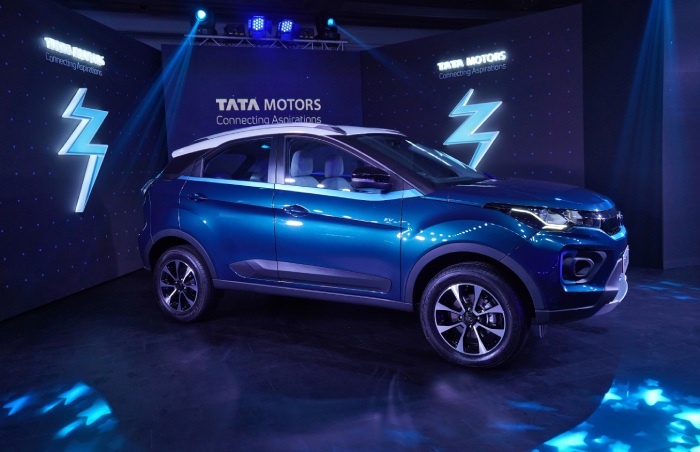With sales of electric vehicles growing rapidly, India’s biggest car maker is set to ramp up its auto production this financial year.
Early this year, reports emerged that Tata Motors was sounding out vendors about selling at least 50,000 electric vehicles in the coming year.
But three months on, sources say the group now plans to produce more than 80,000 units this financial year, which would be more than four times its output last year, when it sold 19,000 EVs.
Officially, the company is not talking about its production plans but sources, who declined to be identified, said EV sales were shooting up with demand outpacing supply.
Tata last year announced plans to launch 10 EV models by March 2026, investing about $2 billion on new vehicle architecture, related technology and infrastructure.
Tata accounts for 90% of India’s EV sales – a segment that still only represents 1% of the country’s annual sales of about 3 million vehicles.
Concept Car
On Friday, Tata will unveil a concept car that it plans to build on its first EV platform developed from the ground up.
Cars built on this platform, called the Pure EV architecture, will also be launched in global markets, the company said in its invitations to the unveiling.
The new platform represents the third phase of Tata’s electrification plans that have been given a boost by a $1 billion investment from private equity firm TPG last year.
The first phase was the launching of two EVs, the Nexon SUV and another model for fleets, which are being built using an existing combustion engine platform.
The second phase calls for modifying a combustion engine platform to build EVs with bigger batteries and longer driving ranges. Those cars are expected to hit the market in about two years.
Rolling out more electric vehicles is a cornerstone of Prime Minister Narendra Modi’s carbon reduction agenda, and his administration is offering companies billions of dollars in incentives to build electric cars and their components locally.
By 2030, India wants electric models to make up 30% of total car sales.
• Reuters with additional editing by Jim Pollard
ALSO on AF:
Tata Motors Aims to Sell 50,000 EVs in 2023 Fiscal Year – ET
Tata Motors Plans EV For Last-Mile E-Commerce Deliveries: BS
Tata Motors To Invest $2bn To Electrify EV Business: ToI
Tatas Look To Buy Johnson Matthey Battery Business: Mint
























